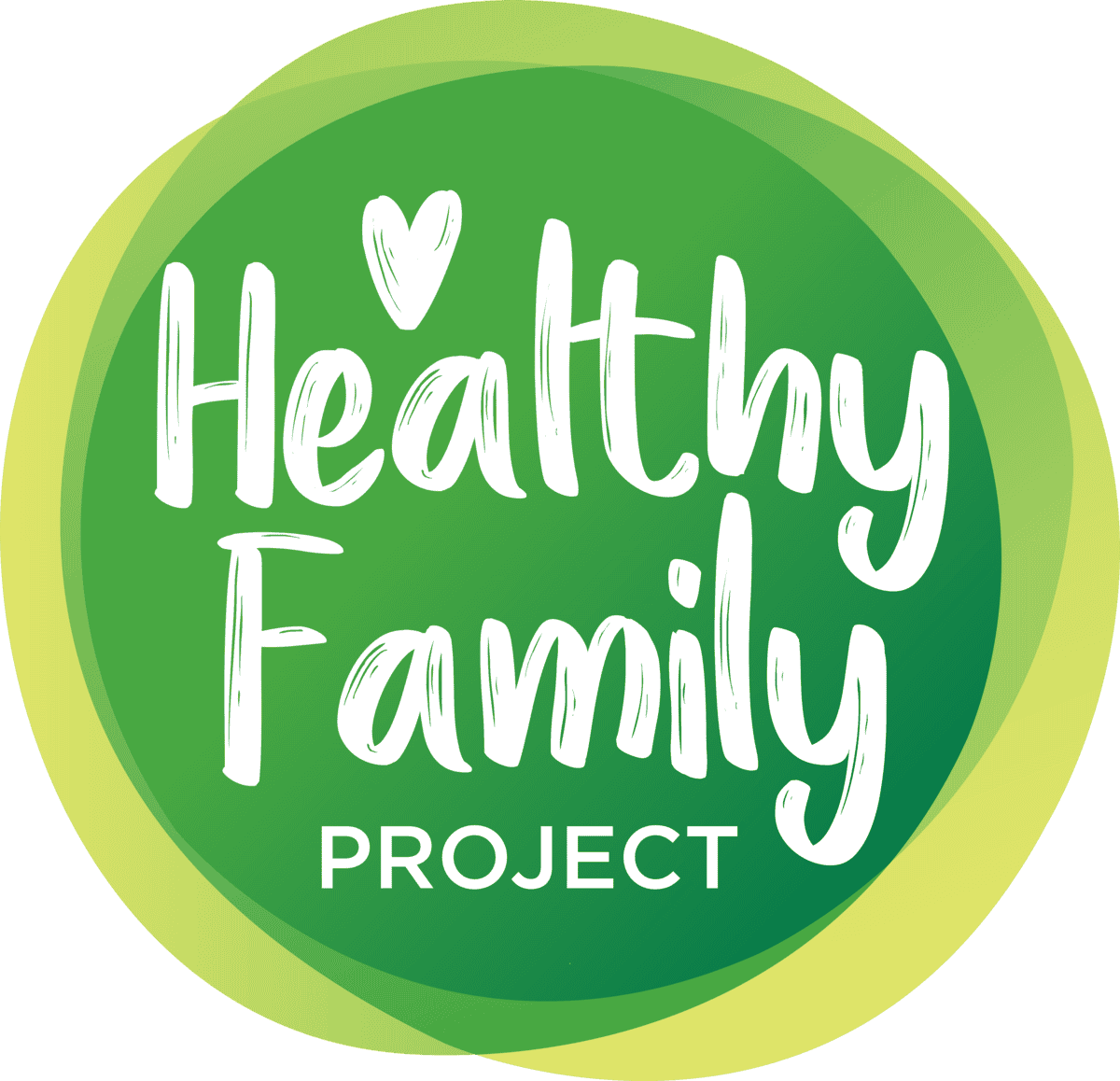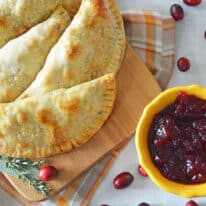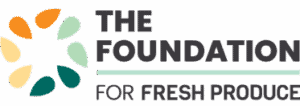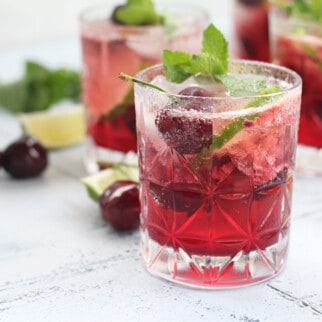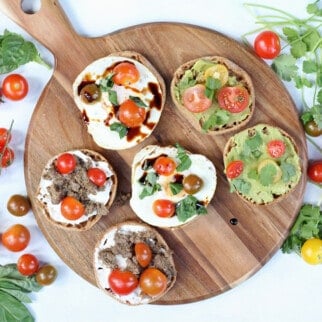Summer’s Best Fruit: Why Watermelon Is the Sweet, Sustainable Star of the Season
Celebrate summer with seedless and yellow watermelon, sustainable farming facts, and fresh, easy recipes perfect for hot-weather snacking.

When summer hits, watermelon takes center stage. It’s juicy, sweet, and so refreshing after a long day in the sun. Whether you’re slicing it up for a picnic, tossing it into a smoothie, or handing out wedges to sticky little hands, watermelon is a must-have in any summer lineup.
But have you ever wondered where your watermelon comes from?
We’re teaming up with Frey Farms, one of the country’s top watermelon growers, to share the story behind your favorite fruit and the smart, sustainable ways it gets from their farm to your fridge.
A Family That Knows Their Watermelons
Frey Farms has been growing watermelons for more than 30 years. Seeded, seedless, and full of summer flavor, they grow it all across seven different states. What sets them apart is how much care they put into every step of the process, from seed to harvest.
At the heart of it all is Sarah Frey, who runs the farm with her four brothers. She’s even been called “America’s Pumpkin Queen” but don’t let that fool you. She’s just as passionate about watermelon. Sarah and her team are all about better farming practices and smarter seed choices that benefit families, farmers, and the planet.
This post is in partnership with Frey Farms, the family-run farm behind some of the sweetest, juiciest watermelons of the season. We’re proud to spotlight their sustainable farming innovations and fresh watermelon offerings perfect for summer.
Say Hello to Melon Babies™
If your fridge has ever felt too full for a full-sized watermelon, this next part is going to make you very happy. Frey Farms created Melon Babies™, which are personal-sized watermelons packed with the same sweet flavor as the big ones. They’re great for snacking on the go, travel, and smaller households.
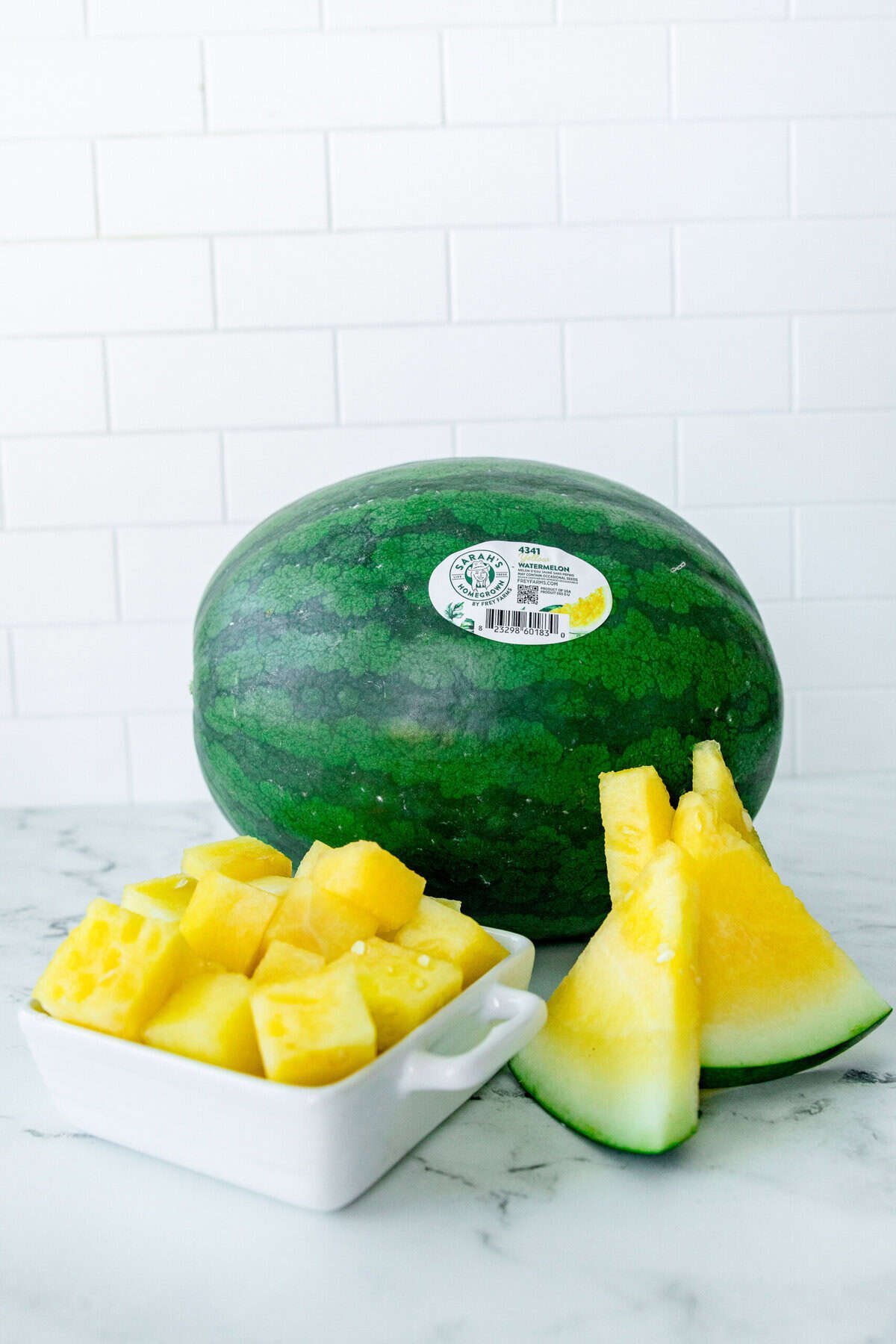
Let’s Talk Yellow Watermelon
Red watermelon is classic, but yellow watermelon? It’s the cool cousin. On the outside, it looks the same, but cut it open and you’ll find a bright yellow center that’s slightly sweeter and just as refreshing. Beyond the flavor, there’s a nutritional bonus—yellow watermelon contains beta carotene, an antioxidant that supports eye health, while red watermelon is rich in lycopene, known for its heart-healthy benefits.

Quick Recipe Idea:
Toss together a simple Yellow Watermelon Salad with:
- Cubed yellow watermelon
- Sliced Persian cucumbers
- Crumbled feta
- Fresh basil and mint
It’s crisp, colorful, and perfect for warm days on the patio.

Wait… Seedless Isn’t Genetically Modified?
Nope! One of the biggest myths about watermelon is that seedless versions are genetically modified. In reality, they’re created through a natural pollination process. No genetic modification needed.
And if you’re looking for a fun, fresh way to use seedless watermelon, we’ve got just the thing.
Try This Watermelon Salsa:
- Diced seedless watermelon
- Cherry tomatoes
- Sweet onion
- Fresh basil
Serve it with tortilla chips or spoon it over grilled chicken or fish. It’s light, zesty, and full of flavor.
[Get the full recipe here]
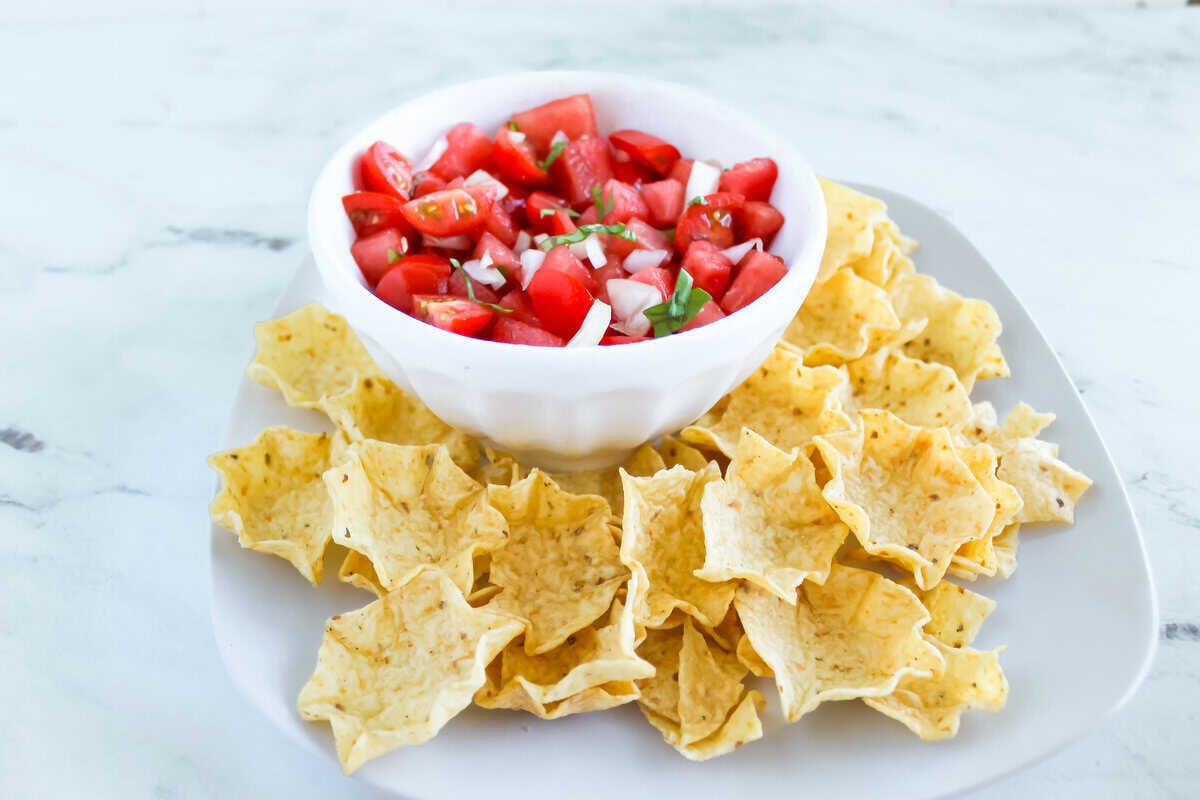
Nothing Goes to Waste
At Frey Farms, sustainability isn’t a trend––it’s how they’ve always done things. Their full-circle farming approach means every part of the crop gets used.
They even work directly with seed producers to keep improving what and how they grow. It’s all part of their mission to farm smarter and care for the environment.
“In 2014, Frey Farms launched Tsamma, watermelon juice. Each bottle of Tsamma is made with 1-1/2 lbs of cold-pressed watermelon, harvested at peak season,” said Sarah Frey, Founder and CEO of Frey Farms. “This is just another way we are using the whole watermelon. It’s vertical farming integration at its finest.”
Why It All Matters
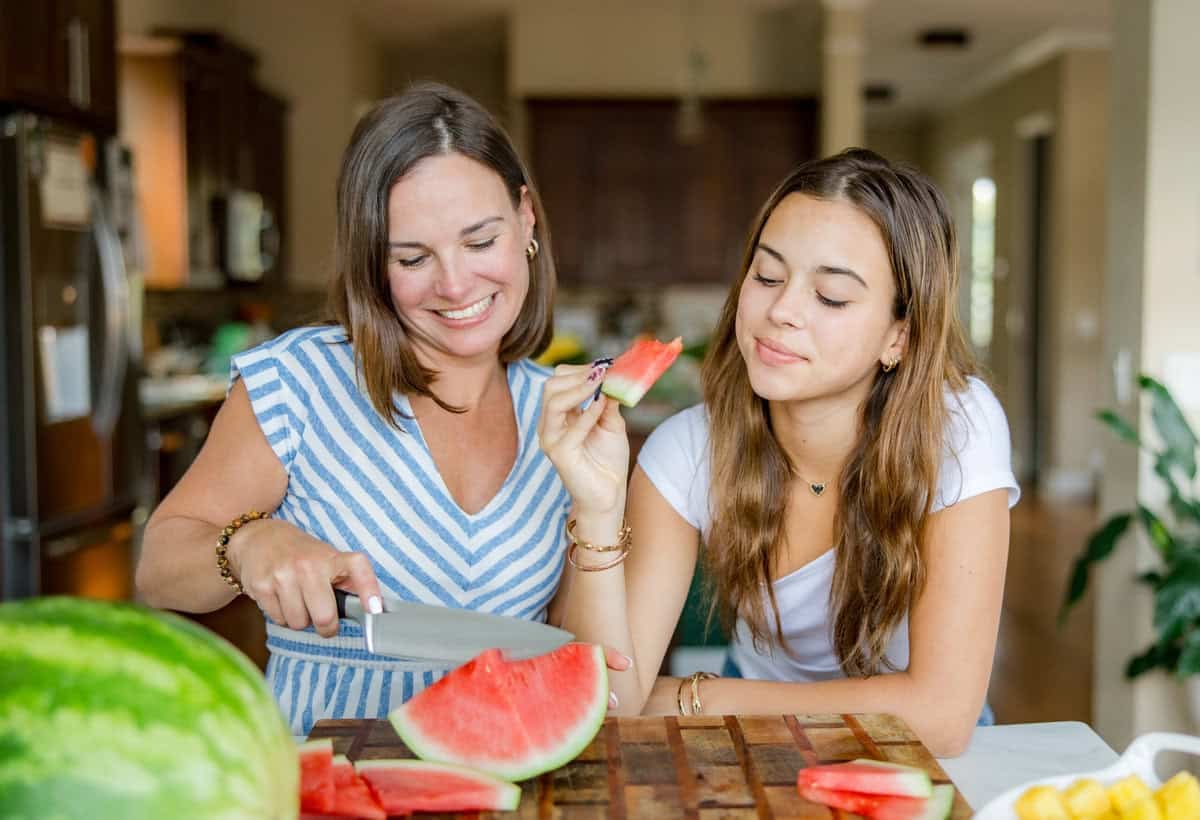
Choosing produce from farms like Frey means you’re getting more than just great flavor. You’re supporting farming families who care about the land, the food they grow, and the people they feed.
